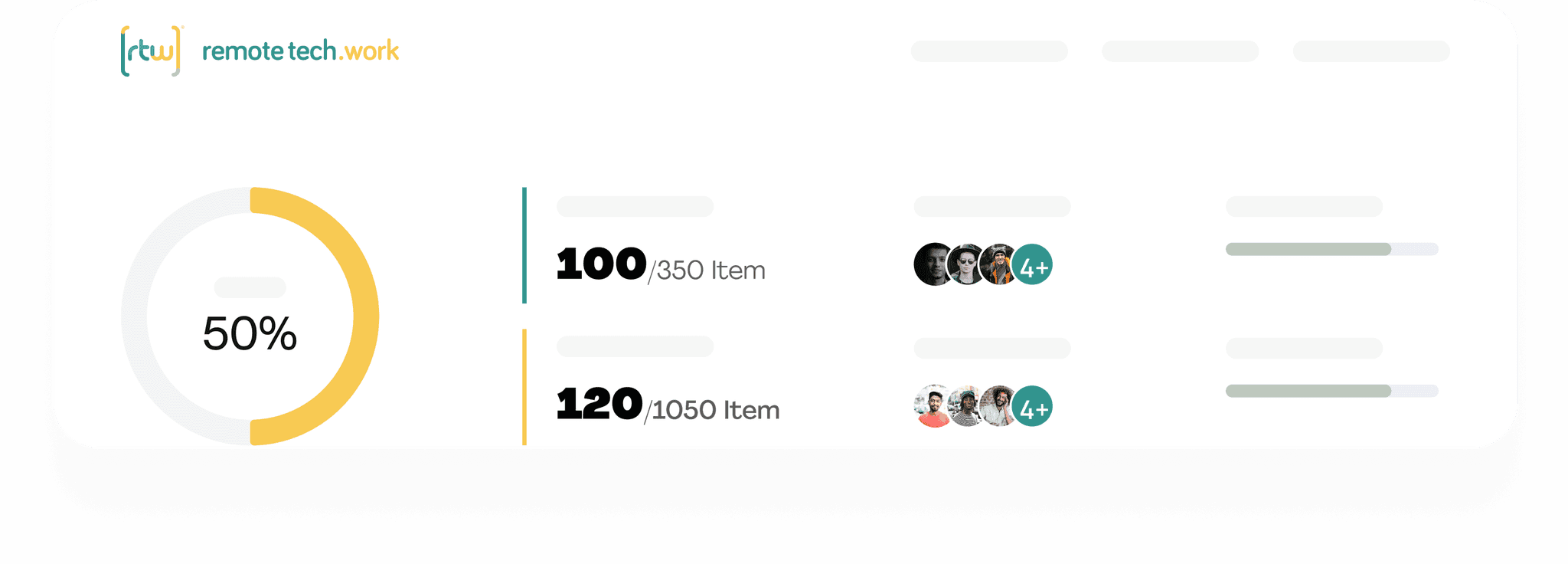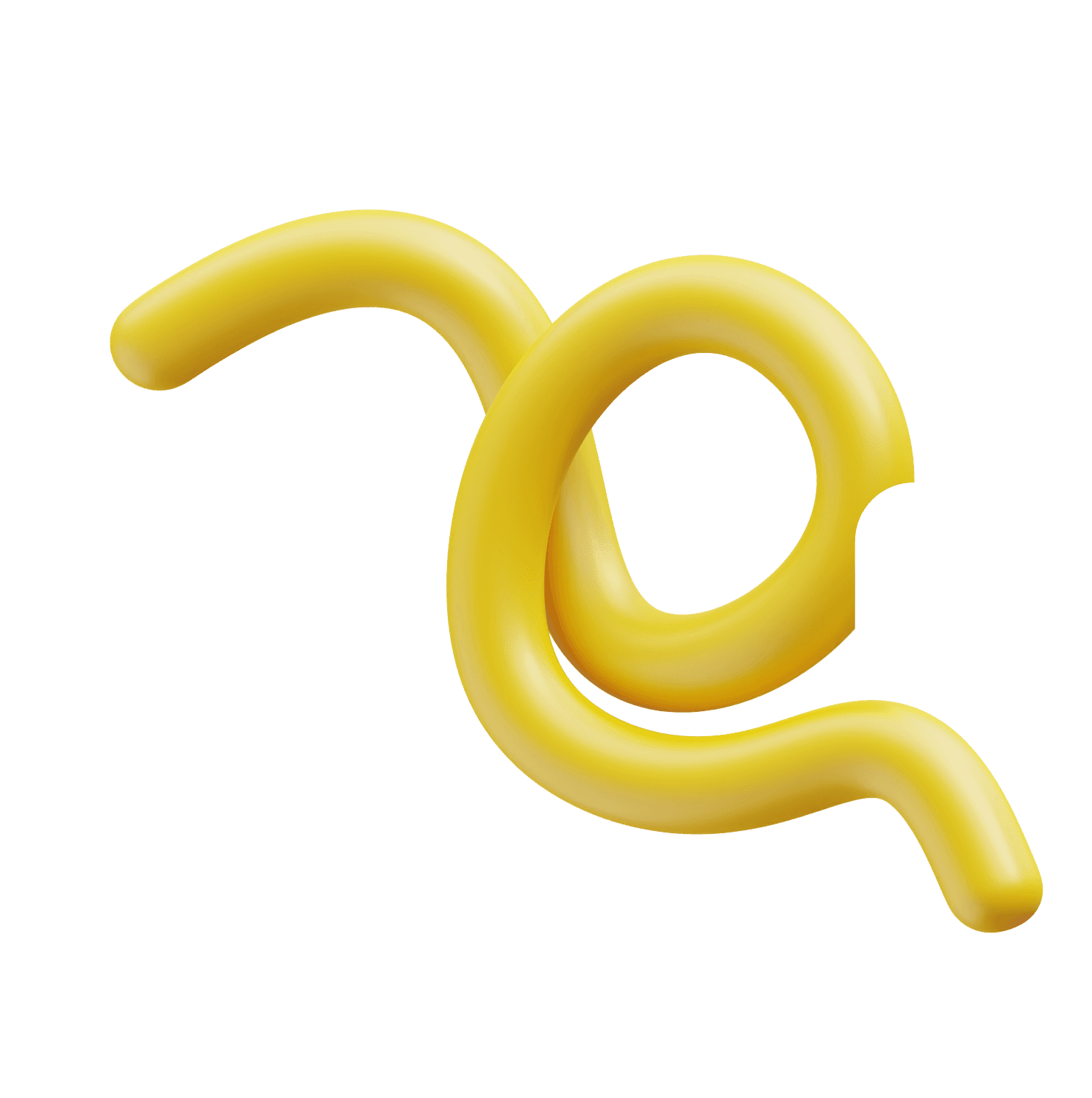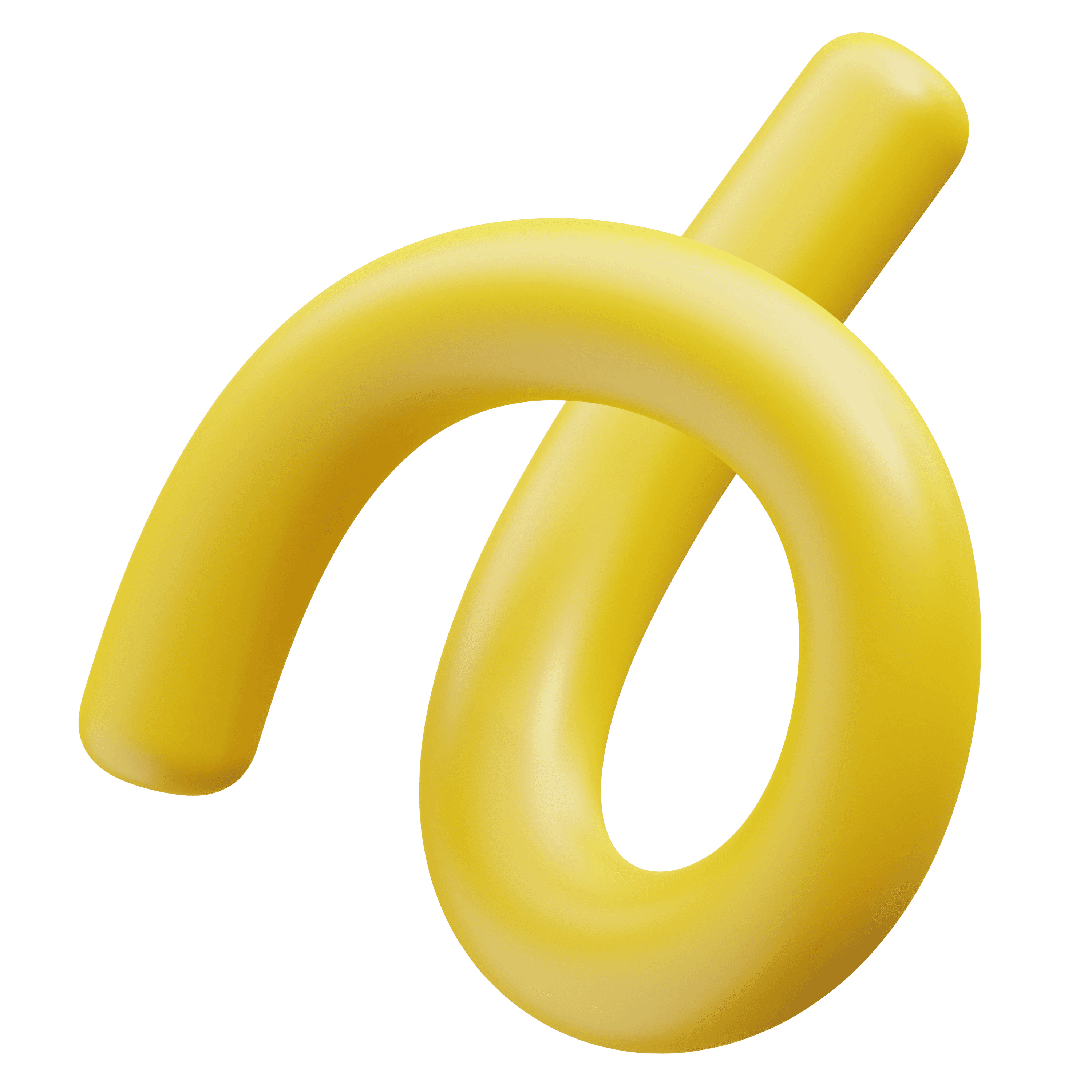DESCRIPTION
DESCRIPTION
DESCRIPTION
Dynamics CRM, short for Microsoft Dynamics Customer Relationship Management, is a comprehensive suite of business applications developed by Microsoft that empowers organizations to manage customer relationships, streamline sales, automate marketing, and provide exceptional customer service. It is designed to help businesses, from small enterprises to large corporations, enhance their customer engagement and gain deeper insights into their operations. Dynamics CRM offers a wide range of modules and features, including customer contact management, sales opportunity tracking, marketing automation, case management, and analytics, all seamlessly integrated into a single platform. This integrated approach enables organizations to achieve a 360-degree view of their customers, improving decision-making and boosting customer satisfaction.
Dynamics CRM is highly customizable and adaptable, allowing organizations to tailor the platform to their specific needs and industry requirements. It provides tools for workflow automation, data analysis, and reporting, as well as integration with other Microsoft applications like Outlook and SharePoint. With cloud-based deployment options, such as Dynamics 365, businesses can leverage the power of CRM solutions while benefiting from scalability, security, and regular updates. Dynamics CRM is an essential tool for organizations seeking to strengthen customer relationships, increase sales efficiency, and drive overall business growth.
Dynamics CRM, short for Microsoft Dynamics Customer Relationship Management, is a comprehensive suite of business applications developed by Microsoft that empowers organizations to manage customer relationships, streamline sales, automate marketing, and provide exceptional customer service. It is designed to help businesses, from small enterprises to large corporations, enhance their customer engagement and gain deeper insights into their operations. Dynamics CRM offers a wide range of modules and features, including customer contact management, sales opportunity tracking, marketing automation, case management, and analytics, all seamlessly integrated into a single platform. This integrated approach enables organizations to achieve a 360-degree view of their customers, improving decision-making and boosting customer satisfaction.
Dynamics CRM is highly customizable and adaptable, allowing organizations to tailor the platform to their specific needs and industry requirements. It provides tools for workflow automation, data analysis, and reporting, as well as integration with other Microsoft applications like Outlook and SharePoint. With cloud-based deployment options, such as Dynamics 365, businesses can leverage the power of CRM solutions while benefiting from scalability, security, and regular updates. Dynamics CRM is an essential tool for organizations seeking to strengthen customer relationships, increase sales efficiency, and drive overall business growth.
Recommended Skills
Recommended Skills
Recommended Skills
A Dynamics CRM developer should possess a combination of technical and business-oriented skills to effectively design, customize, and implement Microsoft Dynamics CRM solutions. Here's a list of key skills and knowledge areas for a Dynamics CRM developer:
Microsoft Dynamics CRM proficiency: A strong understanding of the Microsoft Dynamics CRM platform, including its core modules, entities, data structures, and customization options.
Customization and configuration: Skills in customizing CRM entities, forms, views, fields, and business processes using the platform's customization tools.
Plugin development: Proficiency in creating custom plugins and workflow assemblies to extend the functionality of Dynamics CRM.
Business process automation: Ability to design and implement workflow automation, business rules, and process flows to streamline business operations within the CRM.
Integration: Knowledge of integrating Dynamics CRM with other systems and applications using technologies like REST APIs, Web services, and Azure Logic Apps.
JavaScript and TypeScript: Mastery of JavaScript and TypeScript for client-side scripting to enhance the user interface and automate processes in Dynamics CRM.
Security and data management: Awareness of security roles, data access, and data import/export capabilities in Dynamics CRM.
Reporting and analytics: Familiarity with creating custom reports, dashboards, and data visualizations using tools like Power BI and SSRS (SQL Server Reporting Services).
Solution deployment: Skills in packaging, deploying, and managing CRM solutions across different environments using the solution framework.
CRM SDK and REST API: Proficiency in using the Dynamics CRM Software Development Kit (SDK) and REST API for programmatic interactions with the CRM platform.
CRM administration: Knowledge of system administration tasks, user management, and system settings within Dynamics CRM.
.NET development: Familiarity with the .NET framework for server-side development, including C# and ASP.NET, to extend CRM functionality.
SQL and database management: Understanding of SQL database concepts, as Dynamics CRM relies on SQL Server for data storage.
A Dynamics CRM developer should possess a combination of technical and business-oriented skills to effectively design, customize, and implement Microsoft Dynamics CRM solutions. Here's a list of key skills and knowledge areas for a Dynamics CRM developer:
Microsoft Dynamics CRM proficiency: A strong understanding of the Microsoft Dynamics CRM platform, including its core modules, entities, data structures, and customization options.
Customization and configuration: Skills in customizing CRM entities, forms, views, fields, and business processes using the platform's customization tools.
Plugin development: Proficiency in creating custom plugins and workflow assemblies to extend the functionality of Dynamics CRM.
Business process automation: Ability to design and implement workflow automation, business rules, and process flows to streamline business operations within the CRM.
Integration: Knowledge of integrating Dynamics CRM with other systems and applications using technologies like REST APIs, Web services, and Azure Logic Apps.
JavaScript and TypeScript: Mastery of JavaScript and TypeScript for client-side scripting to enhance the user interface and automate processes in Dynamics CRM.
Security and data management: Awareness of security roles, data access, and data import/export capabilities in Dynamics CRM.
Reporting and analytics: Familiarity with creating custom reports, dashboards, and data visualizations using tools like Power BI and SSRS (SQL Server Reporting Services).
Solution deployment: Skills in packaging, deploying, and managing CRM solutions across different environments using the solution framework.
CRM SDK and REST API: Proficiency in using the Dynamics CRM Software Development Kit (SDK) and REST API for programmatic interactions with the CRM platform.
CRM administration: Knowledge of system administration tasks, user management, and system settings within Dynamics CRM.
.NET development: Familiarity with the .NET framework for server-side development, including C# and ASP.NET, to extend CRM functionality.
SQL and database management: Understanding of SQL database concepts, as Dynamics CRM relies on SQL Server for data storage.
Our Talent Acquisition Process
Our Talent Acquisition Process
Our Talent Acquisition Process
We will walk you through our process during the days/weeks according to your agenda availability. Feedback will be present whether we move forward or not with your application. There are, in general, a challenge (60’ average each), two calls (45’ average each), and a Tech Interview for you to reach the final Offer Call.
We will walk you through our process during the days/weeks according to your agenda availability. Feedback will be present whether we move forward or not with your application. There are, in general, a challenge (60’ average each), two calls (45’ average each), and a Tech Interview for you to reach the final Offer Call.






HOW TO
GET STARTED
Sign up for our developer platform to begin working remotely
DEVELOPMENT
SOFTWARE
Remote Tech Work Ltd is a company registered in England and Wales (No.16127490).
Our address is Orion House Office 774, Bessemer Road, Welwyn Garden City, AL7 1HH. 2025
Remote Tech Work. All right reserved.
DEVELOPMENT
SOFTWARE
Remote Tech Work Ltd is a company registered in England and Wales (No.16127490).
Our address is Orion House Office 774, Bessemer Road, Welwyn Garden City, AL7 1HH. 2025
Remote Tech Work. All right reserved.
DEVELOPMENT
SOFTWARE
Remote Tech Work Ltd is a company registered in England and Wales (No.16127490).
Our address is Orion House Office 774, Bessemer Road, Welwyn Garden City, AL7 1HH. 2025
Remote Tech Work. All right reserved.
DEVELOPMENT
SOFTWARE
Remote Tech Work Ltd is a company registered in England and Wales (No.16127490).
Our address is Orion House Office 774, Bessemer Road, Welwyn Garden City, AL7 1HH. 2025
Remote Tech Work. All right reserved.
DEVELOPMENT
SOFTWARE
Remote Tech Work Ltd is a company registered in England and Wales (No.16127490).
Our address is Orion House Office 774, Bessemer Road, Welwyn Garden City, AL7 1HH. 2025
Remote Tech Work. All right reserved.

